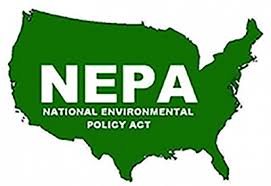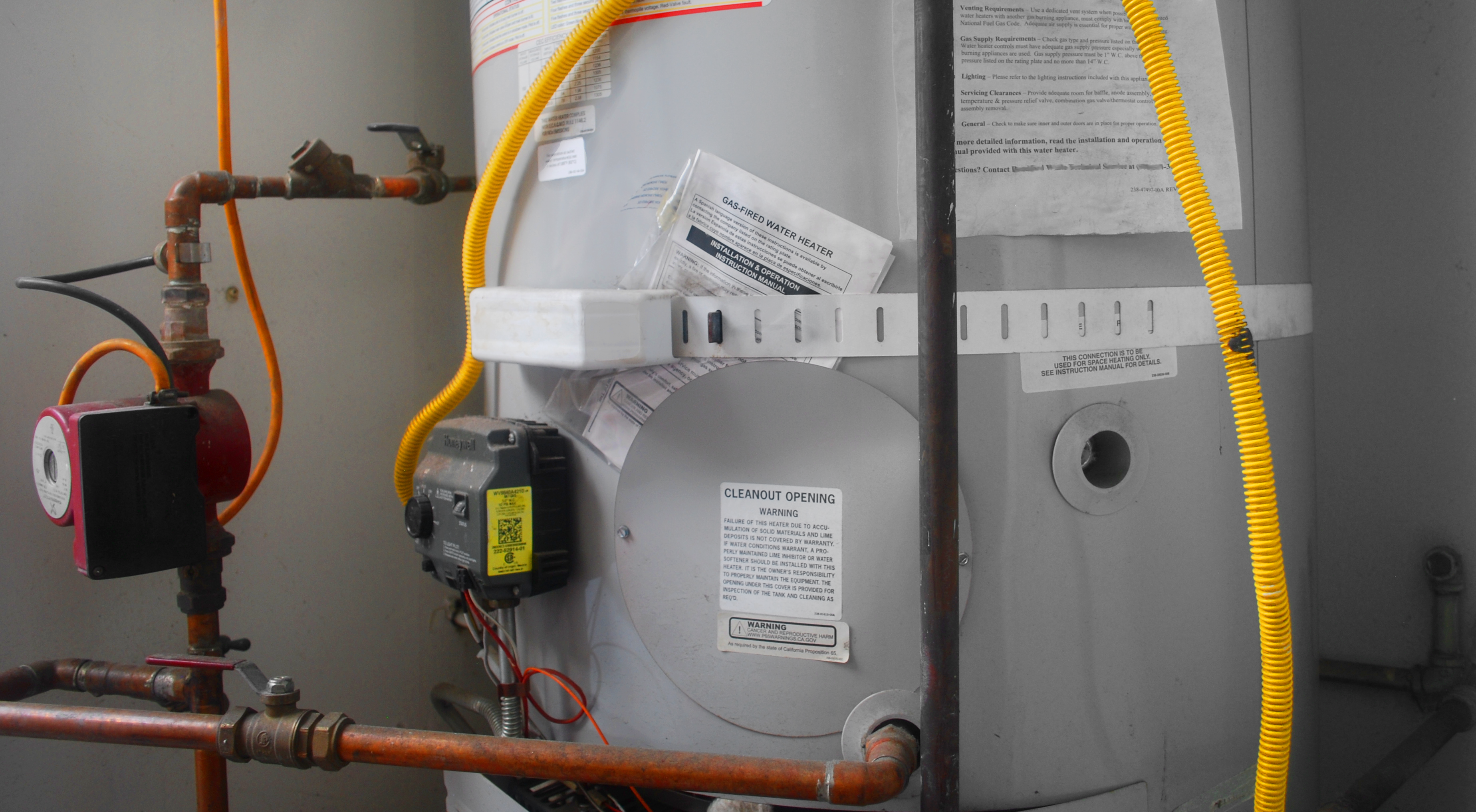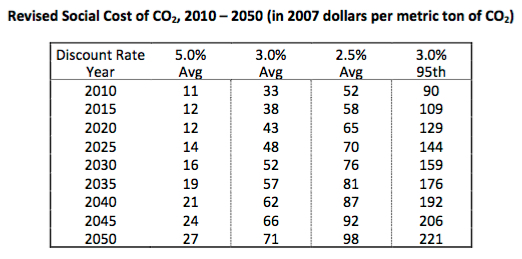Region: National
Nature and the Pursuit of Happiness
The original understanding of an inalienable right.
What is the “pursuit of happiness,” which the Declaration of Independence says is an inalienable right? It sounds like this is about freedom from governmental restrictions on your activities. So, in modern terms, it seemed to mean that the government can’t stop you from “doing your own thing.” But that can’t be right. The Declaration …
Continue reading “Nature and the Pursuit of Happiness”
CONTINUE READINGNEPA 2.0 and Transmission Projects
Will the new NEPA provisions speed approval of urgently needed projects?
In terms of the energy transition, the most important question about the recent NEPA amendments is whether they streamline permitting for transmission projects. The answer is complicated. We can divide transmission projects into two groups. The first group consists of transmission projects where federal involvement is limited to specific segments, such as stream crossings requiring …
Continue reading “NEPA 2.0 and Transmission Projects”
CONTINUE READINGHaving the Fox Guard the Henhouse?
Delegating Environmental Reviews to Project Sponsors
One of the most important provisions, of the new NEPA law, § 107(f), allows the lead agency to delegate preparation of environmental reviews to project applicants. There are unsettled questions about when this provision applies and how it interfaces with other parts of NEPA. There are clear conflicts of interest in assigning this role to …
Continue reading “Having the Fox Guard the Henhouse?”
CONTINUE READINGCEQ and Permitting Reform
The enactment of NEPA 2.0 presents a golden opportunity for the agency.
In the recent debt ceiling law, Congress extensively revamped NEPA, the law governing environmental impact statements. An obscure White House agency, the Council on Environmental Quality (CEQ), will have the first opportunity to shape the interpretation of the new language. Much of the language in the new law is poorly drafted or vague, making CEQ’s …
Continue reading “CEQ and Permitting Reform”
CONTINUE READINGThe Drafting Puzzles of NEPA 2.0
In an effort to streamline NEPA, Congress may only have made parts of it incomprehensible.
Shortly after Biden signed the new NEPA rewrite as part of the debt ceiling law, I wrote a blog post about a major drafting glitch at the heart of the new provisions. Today, I’d like to follow up with more examples. This poor drafting could really hobble implementation of the new provisions. We live in …
Continue reading “The Drafting Puzzles of NEPA 2.0”
CONTINUE READINGUCLA Law Clinic Files Amicus Brief Seeking Review of Decision in Berkeley Gas Case
The Environmental Law Clinic joins other local, state, and federal governments, as well as NGOs, in urging the Ninth Circuit to take a second look at the case.
Yesterday, the UCLA Environmental Law Clinic filed a brief in the California Restaurant Association v. Berkeley case on behalf of seven law professors: our own William Boyd, Dan Farber and Sharon Jacobs at UC Berkeley, Jim Rossi at Vanderbilt, David Spence at UT Austin, Shelley Welton at UPenn, and Hannah Wiseman at Penn State. (The …
CONTINUE READINGThe IRA’s Implicit Cost of Carbon
Here’s a simple way to think about a hard problem.
The social cost of carbon is important in many regulatory decisions made by the executive branch. It basically measures the benefit of cutting one ton of carbon emissions. Figuring out the cost of carbon based on an analysis of climate impacts is very tricky. However, there’s another way to think about the problem: We might …
Continue reading “The IRA’s Implicit Cost of Carbon”
CONTINUE READINGThe Forthcoming Interpretation Wars
The new NEPA amendments weren’t intended to speed up the process. But they’ll also spark new litigation.
The Interior Department has a rule that environmental review isn’t required for a prescribed fire of 4,500 acres, subject to restrictions that aren’t relevant here. Prior law authorized this kind of regulation but also required the agency to consider whether a particular fire involved exceptional circumstances, such as being next to a wilderness area. After …
Continue reading “The Forthcoming Interpretation Wars”
CONTINUE READINGWho Will Own the Clean Energy Future?
In the latest push to finance renewable energy, we have allowed private actors to make substantial claims on public resources without asking for anything in return.
This post was first published at the Law & Political Economy blog as part of their ongoing series on climate, economics, and green capitalism. The Inflation Reduction Act (IRA) has been hailed as the most significant piece of federal climate legislation ever enacted in the United States. Although it has not had much competition on …
Continue reading “Who Will Own the Clean Energy Future?”
CONTINUE READINGThe New NEPA: A User’s Guide
The Debt Ceiling Law Rewrote NEPA. Here’s a map to the new statute.
The National Environmental Policy Act (NEPA) was passed over fifty years. It created a new tool for environmental protection, the environmental impact statements, It also created the White House Council on Environmental Quality (CEQ), which issued guidelines of implementing NEPA in 1978. Lawyers will need to retool quickly because of recent changes. Here’s a roadmap …
Continue reading “The New NEPA: A User’s Guide”
CONTINUE READING







